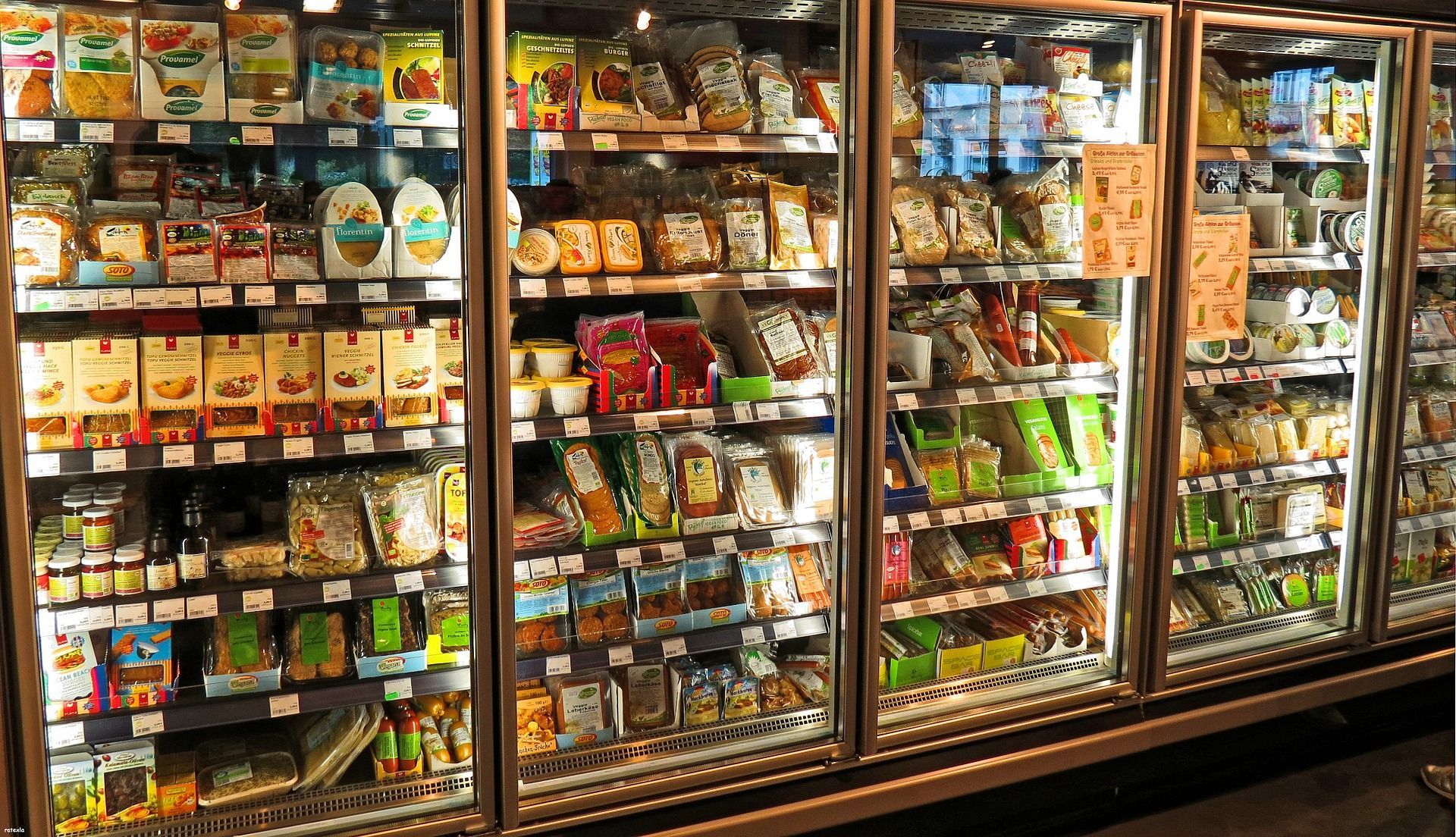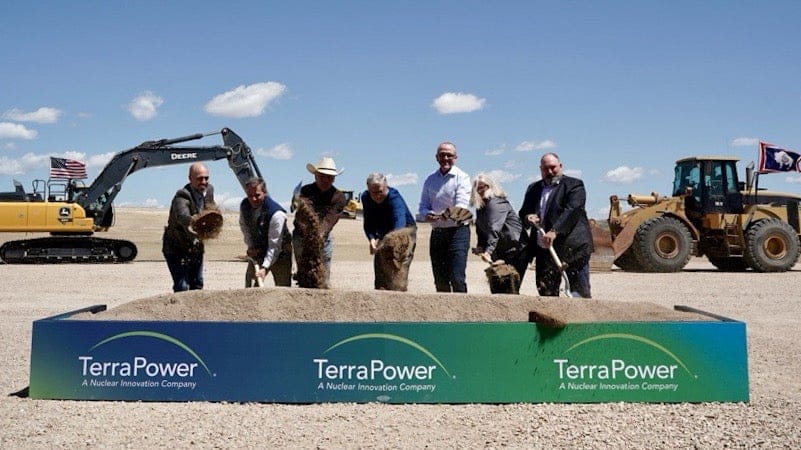
❄ The freezers in the grocery store can act as a battery in smart grids
By holding back on cooling during power peaks, coolers in stores could draw less electricity when needed elsewhere and then increase cooling again.
Share this story!
Renewable energy sources such as wind and solar power have many benefits, but they also have some Achilles' heels. One such is that it is difficult to regulate when and how much electricity they generate. If wind and sun do not generate enough electricity during the power peaks, the result will be a power shortage for a period. But a study from Chalmers shows a new possible solution based on the fact that coolers can keep the cold for a while even if they do not get any power.
It is doctoral student Tommie Månsson at the Department of Architecture and Civil Engineering who investigated whether freezer counters in grocery stores could help during the morning hours when many people brew coffee, shave with a shaver, watch morning TV and more.
- This is where the research on smart electricity networks comes in, and part of the solution for these morning hours, for example, could be that grocery stores hold back on cooling to balance supply and demand for electricity in the network. This would mean that when people then leave home and go to work and school, there is a surplus of electricity in the electricity grid - which is drained in the grocery stores' refrigerators and freezers, and an environmentally friendly virtual battery has been created, says Tommie Månsson in a press release .
Now, of course, this requires that the stores do not reduce the cooling so much that the goods are destroyed. This, in turn, is largely determined by how often the doors of the radiators open and let in heat. To find out, Tommie Månsson and other researchers studied how customers in a store with about 80 refrigerators opened and closed the doors.
The researchers looked at, among other things, the speed at which customers opened the refrigerators, at what angle, how long the doors were open at each opening occasion and how this affected the temperature development. This data can now form the basis for creating strategies and techniques for how best to use store coolers as batteries.
- There is of course much more research to be done on behavioral patterns and how it ultimately affects the electricity grid, but in terms of the technical part, pilot studies would be the next step in determining what technical and economic barriers exist in how to manage grocery stores. In addition, an understanding is needed because we must start managing the energy that is in the system as our common asset, says Tommie Månsson
By becoming a premium supporter, you help in the creation and sharing of fact-based optimistic news all over the world.


